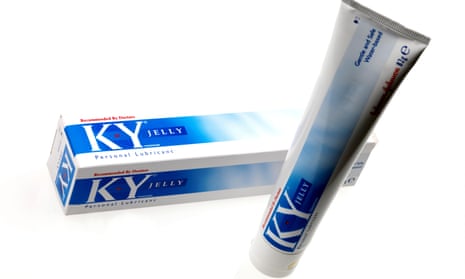Prices for sexual lubricants could go up if a planned buyout of Johnson & Johnson’s K-Y Jelly by rival Reckitt Benckiser goes ahead, the UK competition watchdog has said.
Reckitt Benckiser, the Slough-based conglomerate that makes Durex condoms, announced in 2014 that it wanted to buy Johnson & Johnson’s K-Y business of personal lubricants “to create a unique portfolio of brands in the sexual wellbeing category”.
But on Friday, the Competition and Markets Authority warned the deal could reduce competition and push up prices. K-Y and similar Durex-branded products have almost three-quarters of market share in supermarkets and chemists, while smaller suppliers struggle to get shelf space, the regulator said.
“Consumers and retailers differentiate between these two products to some extent,” said Phil Evans, the CMA inquiry chair. “However, on balance, there seems to be enough of an overlap in the market for personal lubricants for there to be a realistic prospect of consumers facing less competition and possibly higher prices if the two biggest brands come under single ownership.”
The regulator announced it was extending its inquiry by eight weeks, but must reveal its final decision by 18 August.
If the CMA upholds its provisional finding, it could ban Reckitt Benckiser from taking over the K-Y business in the UK.
K-Y Jelly was first sold under prescription in 1917, but has been available over the counter since 1980. It is sold in over 50 countries, with the US, Canada and Brazil accounting for the majority of its sales.
Analysts think the business is worth $400m (£255m), four times K-Y’s annual sales, although the price tag was never revealed.
